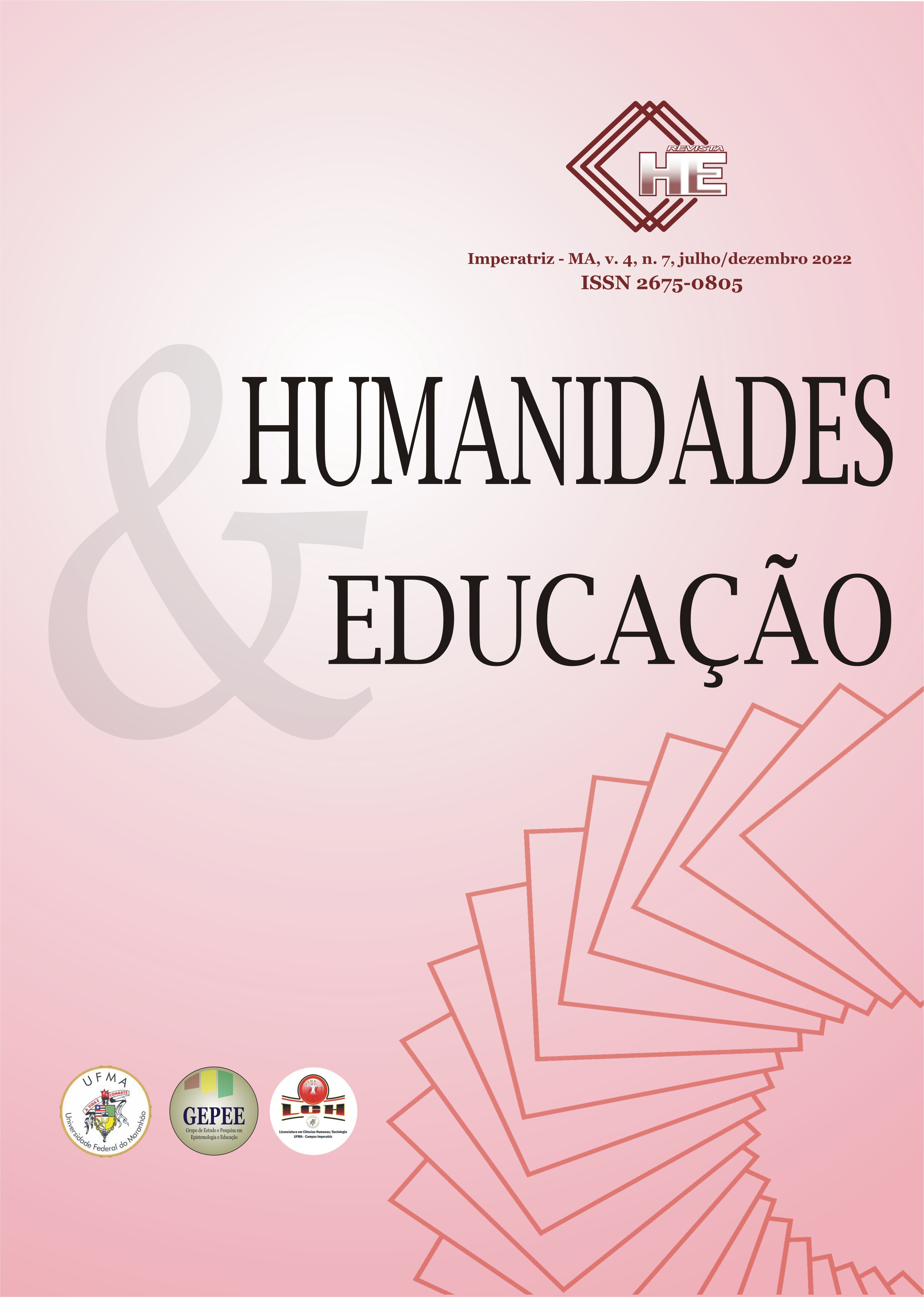A TRANSDISCIPLINARY DIALOGUE BETWEEN BOURDIEU, BERNSTEIN AND CRITICAL DISCOURSE ANALYSIS
DOI:
https://doi.org/10.18764/2675-0805v4n7.2022.10Keywords:
Transdisciplinarity, Bourdieu, Bernstein, Critical Discourse AnalysisAbstract
In this text, I present the contribution of theoretical aspects in the works of Pierre Bourdieu (1990; 1991; 1998) and Basil Bernstein (1990; 1996) to some constructs of Critical Discourse Analysis, as exposed by Norman Fairclough and Lilie Chouliaraki in Discourse in late modernity (1999, see Chapter 6). These theoretical aspects are the concepts of “field” (champ/field), in Bourdieu and Bernstein, “habitus”, in Bourdieu, and “voice”, “framing”, “message” and
“recontextualization”, in Bernstein, which are compared and articulated with the concepts of “discourse order”, “genre” and “intertextuality”, originating from the field of Discourse Analysis and theorized in the field of Critical Discourse Analysis (CDA). The strongest argument is that the internalization of these concepts from the field of sociology adds theoretical support to the dialectical view between agency and structure, central to the path taken by CDA to the present, as Norman
Fairclough has expressed this in different publications.
Downloads
References
ANDERSON, C. A. (eds.) Education, Economy, Society. Oxford: Oxford University Press, 1997.
BERNSTEIN, B. Codes, modalities and the process of cultural reproduction: a model. Language & Society 10, 1981.
______. The structuring of pedagogic discourse: class, codes & control, vol. IV, London: Routledge, 1990.
______. Pedagogy, symbolic control and identity. London: Taylor & Francis, 1996.
______ . Class and pedagogies: visible and invisible. In: HALSEY, A.; FLOUD, J.; BOURDIEU, P. In other words: essays toward a reflexive sociology. Cambridge: Polity Press, 1990.
______. Language and symbolic power. Cambridge: Polity Press, 1991.
______. The field of cultural production: essays on art and literature. Cambridge: Polity Press, 1994.
______. On television. New York: New Press, 1998.
CALHOUN, C. Critical social theory. London: Blackwell, 1995.
CALHOUN, C et al. Bourdieu: critical perspectives. Cambridge: Polity Press.
CHOULIARAKI, L. Regulation in ‘progressivist’ pedagogic discourse: individualized teacher pupil talk. Discourse and Society, v. 9, n. 1, p. 532, 1998.
CHOULIARAKI, L. & FAIRCLOUGH, N. Discourse in late modernity: rethinking critical discourse analysis. Edinburgh: Edinburgh University Press, 1999.
COLLINS, J. Determination and contradiction: an appreciation and critique of the work of Pierre Bourdieu on language and education. In: CALHOUN, C. et al. Bourdieu: critical perspectives. Cambridge: Polity Press, 1993.
DUBIEL, H. Theory and politics: studies in the development of critical theory. Cambridge, MA: MIT Press, 1985.
FOWLER, B. Pierre Bourdieu and cultural theory: critical investigations. London: Sage, 1997.
HALLIDAY, M. Language in a changing world. Occasional papers 13. Sidney: Applied Linguistics Association of Australia, 1993.
HASAN, R. The disempowerment game: Bourdieu and language in literacy. Linguistics and Education, v. 10, n. 1, pp. 2587,
KELLNER, D. Critical theory, Marxism, modernity. Baltimore: John Hopkins University Press, 1989.
LiPUMA. E. Culture and the concept of culture in a theory of practice. In: CALHOUN, C. et al. Bourdieu: critical perspectives. Cambridge: Polity Press, 1993.










